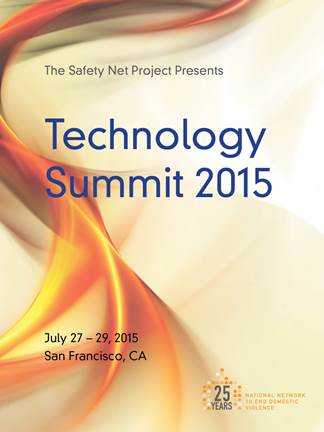Confidentiality Conference Registration is Open!
/Advocates are saying:
“Some survivors don’t reach out because they’re worried about mandated reporting requirements. This gets in the way of us being able to help.”
“What if no one on staff speaks the survivor’s language? How do we find a translator they feel safe with? And what agreements should be in place to protect victims’ privacy?”
“We get pressure from our community partners to share victim information. When we don’t, they get frustrated and that makes collaboration difficult.”
“We don’t have a policy for how to handle confidentiality obligations if there’s an emergency at our shelter.”
Is your agency facing similar difficulties?
Mark your calendar and join us September 9th & 10th in Atlanta, GA for the 2019 National Confidentiality Conference – Strictly Confidential: Protecting Survivor Privacy in Federally Funded Programs!
This training, provided by the National Network to End Domestic Violence and The Confidentiality Institute will help you, as victim service providers, navigate complex federal confidentiality obligations, through in-depth analysis, peer sharing, and scenario problem solving. Participants will explore the many layers of privacy, confidentiality obligations, and technology in a tangible way. Learn how to implement best practices related to privacy and confidentiality while providing survivor-centered services, and how to build strategic relationships with community partners, while respecting your information sharing limitations.
The conference will cover a variety of topics including:
Mandated reporting
Community collaborations
Upholding confidentiality in emergency situations
Navigating language access and confidentiality
Handling official third party demands for survivor information
Selecting and using databases
Agency use of technology
Implementing survivor-centered best practices
Attendees will gain a deeper understanding of these issues and will be given resources and tools to better serve survivors. Click this link for a copy of the full agenda.
Can’t wait to see you there!
This conference is OVW approved.
Please contact us with any questions.




